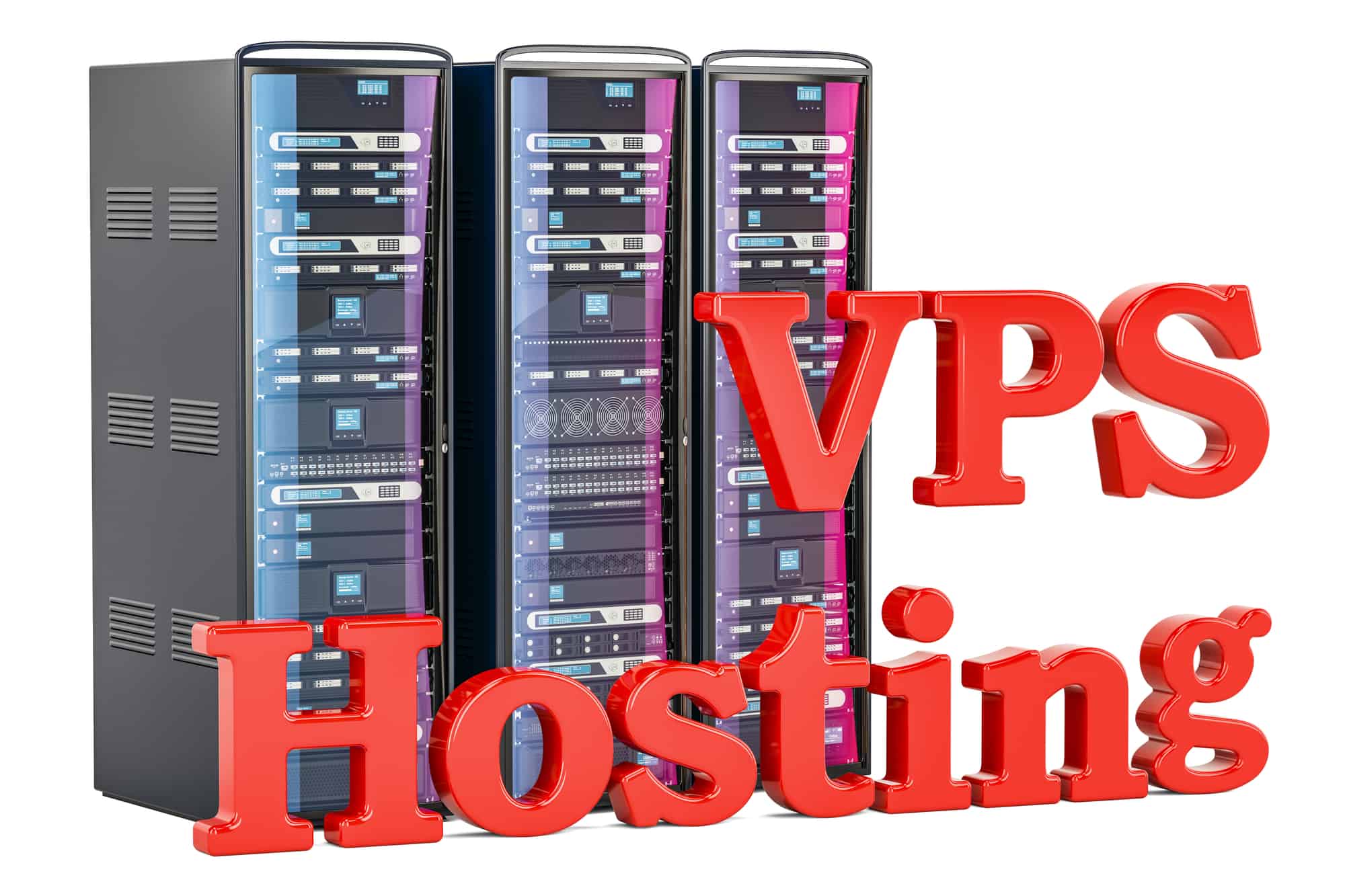In cloud computing, "compute" refers to the processing power and resources required to run applications, perform calculations, and execute duties inside a cloud environment. It encompasses the virtualized computing infrastructure provided by cloud service suppliers, which allows customers to entry and make the most of computing resources over the internet on a pay-as-you-go basis.
Here are the important thing elements and ideas associated to compute in cloud computing:
Virtual Machines (VMs): Virtual machines are emulated laptop methods that run as software program on physical servers inside a cloud information center. Users can create, configure, and manage VMs to run various operating systems and functions. Cloud providers offer a spread of VM sorts with completely different combos of CPU, RAM, and storage to fulfill different computing necessities.
Containers: Containers are light-weight, standalone items that package purposes and their dependencies, allowing them to run consistently across completely different environments. Container orchestration platforms like Kubernetes enable the management and scaling of containerized applications within the cloud.
Serverless Computing: Serverless computing, also identified as Function as a Service (FaaS), abstracts the underlying infrastructure completely. Users write code within the form of capabilities, and cloud suppliers handle the allocation of sources, scaling, and execution of those features as wanted. Serverless computing is ideal for event-driven, short-lived duties and microservices.
Compute Resources: Cloud suppliers offer a wide range of compute resources, including central processing items (CPUs), reminiscence (RAM), and storage, which could be allocated and scaled as required by customers. These resources are offered in predefined configurations, making it easy to determine on the proper stage of compute energy for specific workloads.
https://luhoster.com/shared-hosting/ -Scaling: Cloud platforms allow customers to set up auto-scaling policies that mechanically regulate the number of compute sources allocated to an utility based mostly on demand. This ensures that functions can handle fluctuations in visitors with out manual intervention.
Elasticity: Elasticity refers again to the capacity to shortly scale computing sources up or down in response to adjustments in demand. This flexibility allows organizations to optimize resource utilization and cost-effectiveness.

Load Balancing: Cloud suppliers offer load balancing providers that distribute incoming network visitors throughout a number of compute resources, making certain even distribution of workloads and high availability.
Regions and Availability Zones: Cloud suppliers have data facilities located in several geographic regions and availability zones. Users can deploy compute resources in these regions to improve application efficiency, redundancy, and disaster recovery.
Security and Isolation: Cloud suppliers implement security measures to isolate and shield compute resources from one another. Features like digital non-public clouds (VPCs) and community segmentation help ensure the safety and privacy of workloads.
Compute assets are a basic part of cloud computing, enabling organizations to run functions, course of data, and carry out a variety of duties with out the necessity to put money into and handle bodily hardware. The flexibility, scalability, and cost-efficiency of cloud-based compute make it a central component in modern IT infrastructure and software growth..
